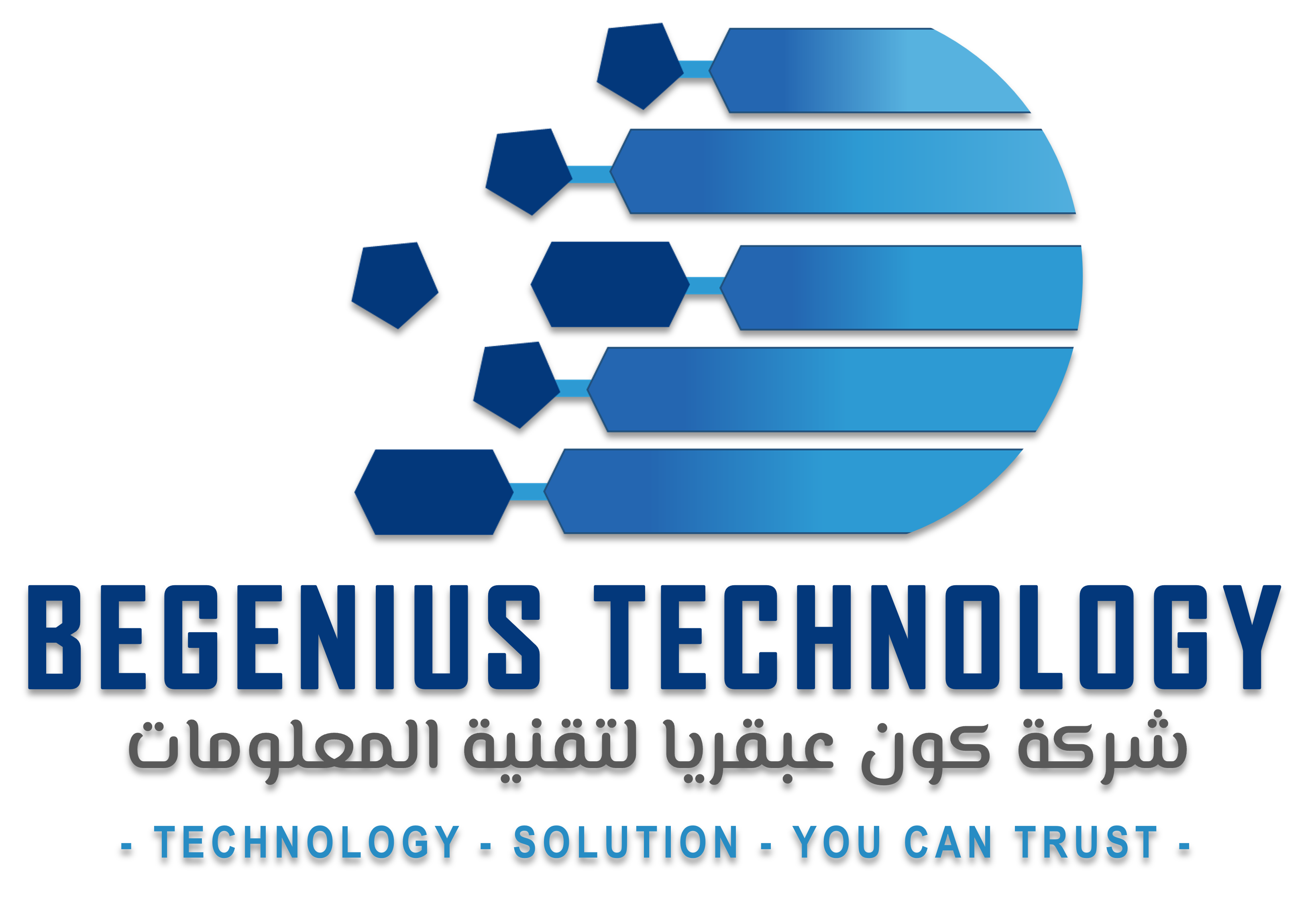Smart vehicle verification

The Challenge
The Challenge: Smart Vehicle Verification
Security departments face significant challenges in vehicle verification at entrances and parking areas. Traditional methods and manual processes lead to:
- Traffic Congestion: Manual procedures cause entry and exit delays.
- Entry Delays: Visitors and beneficiaries experience slowdowns reaching their destinations.
- High Operating Costs: Reliance on extensive staffing increases expenses.
- Verification Speed and Accuracy Gaps: Faster, more accurate vehicle identity verification is needed.
- Lack of Comprehensive Coverage: Insufficient monitoring of all entrances and critical locations.
- Weak Emergency Response: Difficulty quickly identifying suspicious or violating vehicles.
- Inefficient User Experience: Service delays and increased wait times impact users.
The Core Challenge: Innovate a smart and secure technology solution – such as drone-based verification – to expedite vehicle verification, enhance operational efficiency, and improve user experience.
Key Objectives:
- Faster and more accurate vehicle verification.
- Reduced operational costs through automation.
- Comprehensive coverage of entrances and critical areas.
- Improved emergency response capabilities.
- Seamless entry and exit for users.
- Automated alerts for unauthorized vehicles in parking areas (outside business hours or unregistered).
Our Solution
Smart Vehicle Verification: An Integrated Parking Management Solution
Educational institutions and large companies face significant challenges in managing parking and regulating on-campus traffic. We offer a smart, integrated solution based on artificial intelligence and drones to maximize efficiency and security.
Control Center: The Heart of the System
The Control Center is the starting point for managing the entire system, where the following occurs:
- Preliminary Data Setup: Identifying employees and students, their license plate numbers, and ensuring the accuracy of the information.
- Parking Area Definition: Dividing parking spaces by category (employees, visitors, students) and defining the permitted times for each category.
- Drone Route Mapping: Defining optimal flight paths and schedules to ensure comprehensive parking coverage.
- Gates Definition: Adding entry and exit cameras (if applicable) to track vehicle movement.
- Report and Statistics Generation: Generating periodic reports and dashboards (KPIs) to monitor system performance and its improvement.
Staff and Student App: Personal Vehicle Management
The mobile app for staff and students provides essential features for managing their vehicles:
- Data Update: Easily update their personal data and vehicle license plate numbers.
- Visit Permit Creation: Facilitate the process of receiving visitors through the smart visit permit system.
Smart Visit Permit System
The visit permit system allows staff to easily create permits for their visitors:
- Visitor Data Entry: Name, phone number, email address, visit date, purpose and duration, and vehicle license plate number (if available).
- Visit Permit Issuance: The system issues a visit permit containing a QR code.
- Instant Notifications: A notification is sent to the visitor via email and to the host via the app.
- Easy Edit: The link in the email allows you to correct the license plate number if there is an error.
Guard App: Instant Response to Violations
The Guard App provides powerful tools for managing and responding to violations effectively:
- Receive Alerts: Receive instant alerts about violations with full details.
- Vehicle Identification: Photograph the license plate for quick identification.
- Attach Notes: Add detailed notes with each violation.
- Quick Access: Use maps to reach the location of the violating vehicle.
- Access Confirmation: Scan the visitor's QR code at reception to confirm their arrival.
Drones and Artificial Intelligence: Smart Monitoring For Parking
Drones equipped with cameras and AI systems rely on ANPR (Automatic Number Plate Recognition) technology to automatically detect violations:
- Violation Detection: Detects violations such as parking in undesignated areas, exceeding the time limit, parking in the wrong category, and unidentified vehicles.
- Notification Sending: The system sends a notification to the Guard app with detailed information about the violation (vehicle number, location, type of violation).
- Direct Communication: The drone can be equipped with a speaker and microphone to communicate with the vehicle owner when needed.
Integration with Traffic Systems
Our system can be easily integrated with traffic police systems, enabling violations to be sent directly to the relevant authorities.
In short, the smart vehicle verification solution offers a comprehensive parking management system, enhancing security, increasing operational efficiency and reducing congestion. Contact us today to learn more about how to implement this solution in your organization.
The Impact
Impact of Smart Vehicle Verification: Improved Efficiency and Reduced Costs
Implementing a smart vehicle verification system has a tangible impact on several key aspects of the organization:
- Increased Operational Efficiency: The system significantly reduces the time and effort spent manually managing parking, allowing staff to focus on more important tasks.
- Reduced Traffic Congestion: By efficiently directing vehicles and preventing haphazard parking, the system contributes to reducing congestion on campus.
- Improved Security: Detecting unauthorized vehicles and violations contributes to improving overall security within the organization.
- Reduced Costs: Reducing the need for staff to manually manage parking, decreasing violations, and improving the use of available space leads to significant cost savings.
- Enhanced User Experience: The mobile application and smart visitor permit system provide a convenient and seamless experience for staff, students, and visitors.
- Improving Corporate Image: Adopting advanced technologies reflects a positive image of the organization as an innovative and responsible entity.
- Sustainability: Reducing congestion contributes to lowering carbon emissions, supporting the organization's sustainability efforts.
- Making Informed Decisions: The reports and statistics provided by the system enable the organization to make informed decisions regarding parking management and optimize the use of available space.
Overall, smart vehicle verification contributes to transforming parking management from an administrative burden into an effective tool for improving operational efficiency, reducing costs, and enhancing the user experience.
Technologies Used
Want Similar Results?
Let's discuss how we can help transform your business with innovative solutions.
